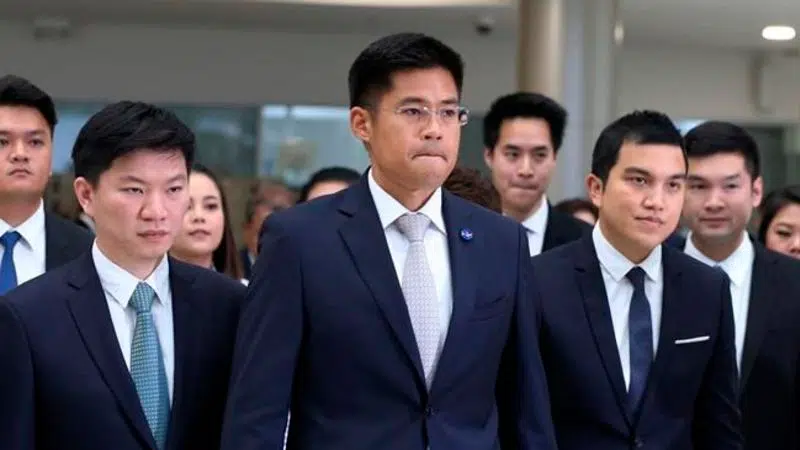
Thai court disbands political party for nominating princess
BANGKOK — A court in Thailand on Thursday ordered the dissolution of a major political party ahead of this month’s general election because it nominated a member of the royal family to be its candidate for prime minister.
The constitutional Court also banned members of the Thai Raksa Chart Party’s executive board from political activity for 10 years.
The ruling raised fresh questions about the fairness of the upcoming election, the first since a military coup toppled a democratically elected government in May 2014.


